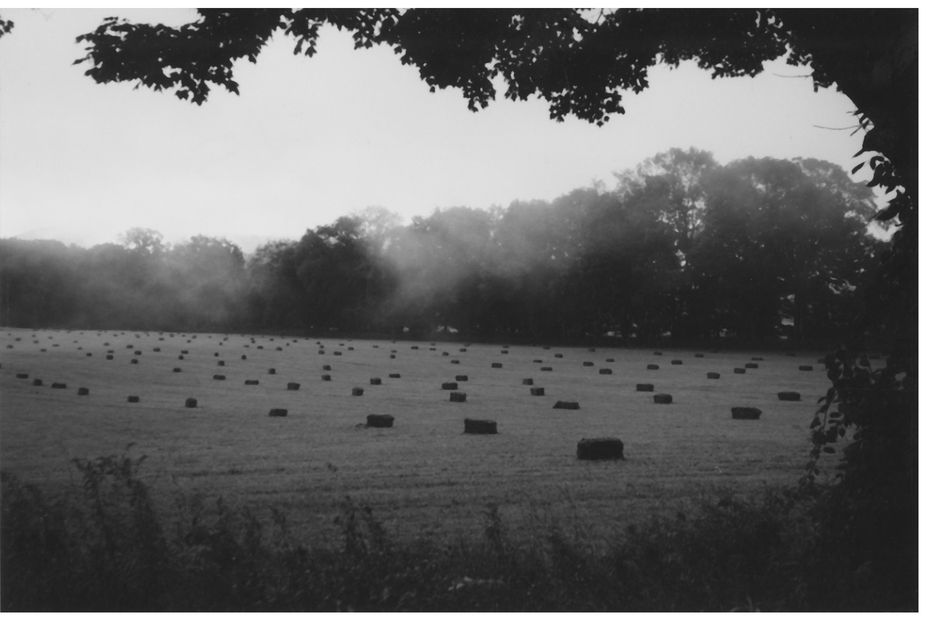Table of Contents
 For Scott
For Scott,
for the farm,
and for the time and space to ride and write
 And for Bobbi
And for Bobbi,
for teaching me the language of horses
Acknowledgments
ALL OF THE FOLLOWING EVENTS ARE TRUE, and were first penned as they happened; yet, my memories are seen through my own wavy glass and may differ from my characters recollections. I have changed the names of some people in this story while keeping those who agreed to be so designated.
I wish to thank Scott, my loving husband of thirty years, for his support both financially and emotionally throughout the living and the telling of this experience. I also thank Bobbi for her consistent hard work, the amazing talent that she shared unstintingly, and her friendship. I greatly appreciate my many readers, editors and friends who have offered valuable advice and moral support at various points in this books genesis including The Gotham Writers Workshopespecially Amy Sickels, Chip Carleton (thanks for sharing!), the late Bill Binzen, Riga Meadow Equestrian Center, Susan Wallace, Gretchen Lengyel, Ronald Jones, Michael Morphis, Matthew Smyth, Alexandra Lange, Amy Reiss, Laurie Egger, Christopher Hewat, Mari Ann Fortuna, Carol Kalikow, Dan Dwyer, Cynthia Knabe, Charles and Sara Bachman, Kitty Benedict, Gregory Miller, Stephanie Emerson, Aime Bell, George Massey. Mickey Pearlman (who taught me a thing or two about memoir and line editing), and Thomas Whitridge for his beautiful book making.
Lastly, I am deeply indebted to the superb horses and my growing family of equine-devoted friends who labored, remade, repaired, volunteered countless unpaid hours (especially Terri Licata), boarded and rode at Weatogue Stables throughout its rebirth. I am thrilled to have shared this journey with you. Horses, and horse people, are special, indeed.
CHAPTER ONE
Green Acres Is the Place to Be
DID I HARBOR AN UNFULFILLED DREAM and not realize it? Was a life entwined with equines a wish from way back, even to my childhood, one I submerged as impractical in suburban New Jersey? I knew no one who kept horses, nor did I know anyone who knew anyone who owned horses; I was triply removed from that world. Or, did I conveniently invent this dream of horsekeeping once presented with the actuality, the opportunity? Whichever the case, in my forty-sixth year, when the fact of a farm trotted into my grown-up life of wife and mother, a weighty stone dropped deep into my psychic well with a distant, satisfying clunk. I became aware that this unconscious, patient calling beckoned as a long-awaited adventurehazy, parched and weak, but there nonetheless. I felt destined to manifest it.
I knew the faded blue exterior of the El-Arabia Arabian horse farm in Salisbury, Connecticut, well, being a neighbor to it for five years, though I never expected to own it. Tired and failing slowly, both its moniker and appearance brought to mind an under-used military training camp. A few lethargic, mute farmhands sporadically tended dilapidated, low-slung buildings graying into mud-slicked acres. Dirt-caked, ignored horses limped aimlessly around vaguely fenced, balding paddocks. Some stood in ankle-deep water. Originally housing some fifty horses, only a few scraggly brood mares and some out-to-pasture geriatric stallions remained as ghosts of Mrs. Johnsons once-thriving farm.
Neville and Janet Johnson started the business in the 1970s, breeding Arabian horses for sale. In the United States, small, sturdy Arabians were renewing in popularity: they excel at the fancy stepping required for saddle seat and uniquely possess the physicality for endurance riding. Success rewarded the Johnsons hard work and dedication: over the years glowing articles were written and awards won. They held parties to celebrate the foals and their mares. Their horses upgraded the Arabian gene pool. The couple lived across the street in an old farmhouse, painted baby blue to match the farms colors. Perhaps an Arabian-inspired choice, the blue was untraditional for a New England farm, arid like a desert sky. It had been toned down by wear, interrupted more often than not by weathered grey. The house sat above the road with a view over the roof-line of the El-Arabia barn and across the fields to Canaan Mountain beyond. The land behind reached up to nearly nine hundred feet in altitude and connected to hundreds of acres of forest held by a few neighbors.
Mr. Johnson was elderly, ill and rarely seen by the time we moved to the neighborhood, though he had been a ceramics expert, musician and restorer of English motorcars. In her seventies, Janet Johnson, one of three first women scholarship graduates of MIT, did not squander her talent or her education. A double PhD in physics and metallurgy, she and her husband designed and manufactured piezoelectric ceramic elements for ultrasonic sensing and metering instruments, often used in medical equipment, at their factory further afield in Connecticut. But her life became the horses, and she increasingly valued her privacy, so few local residents knew her well, considering her aloof, even odd. One neighbor told me that Mrs. Johnson would emerge from her house once a year to deadhead her day lilies that lined the road. Shed lie down in the patch of green and chain-smoke through her garden chores, pulling down the slender stalks one by one, pinching the expired petals, and not say a word to passersby. I had traveled that road frequently the last five years, and Id never laid eyes on her, but the increasingly weedy day lily bed still conjures an image as clear as a memory.
The factory burned down in 2003. Caught without adequate insurance, Mrs. Johnson needed to sell a sixteen-acre parcel of the El-Arabia hay field. Since it bordered our property, my husband Scott and I bought it and leased it back to her for one dollar, to deter the developer who had been sniffing it out for a spec house. This advantageous transaction preserved the field, protected our property and Mrs. Johnson still harvested the hay and kept her farm. It required money, but no work on our part. The lawyers and brokers handled the deal, so we never met either Johnson. The break up of any farm parcel tugs at our nostalgia for the simpler life of old, but by the time we moved to the road in 1998, El-Arabia had already passed its prime. If in need, maybe our cash infusion would help.
Friends who had once rented an adjoining house overlooking the farm opted not to stay because their view of bedraggled, uncared for horses broke their hearts. I had heard that lax breeding meant many unsold foals were left to mature wildly in the pastures. The breakdown was a pitiful end to a once cutting-edge, top-of-the-line operation run by a woman who adored horses. Id like to think she was let down by her farm manager and staff, but it was hard to reconcile this with her proximity to the farm: directly across the street, she had only to look out her front door to see those horses, even if she avoided the grounds directly. Only illness and lack of funds could account for what had happened. Its a tough business.


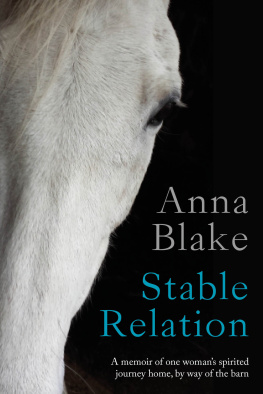
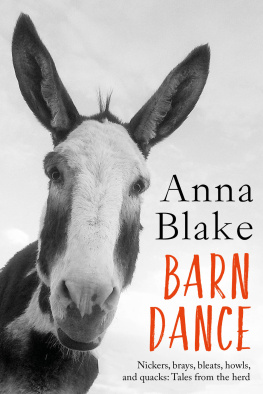
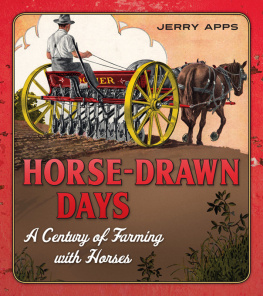
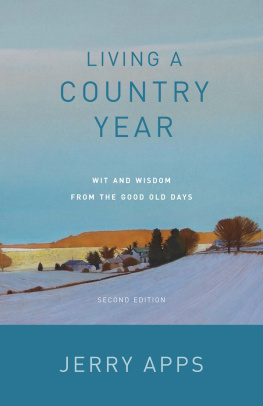
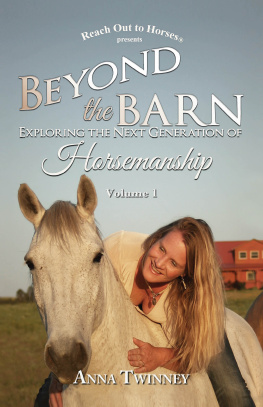
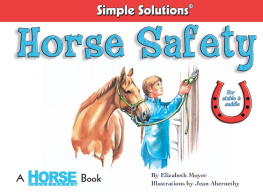
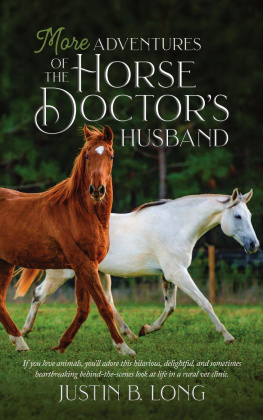
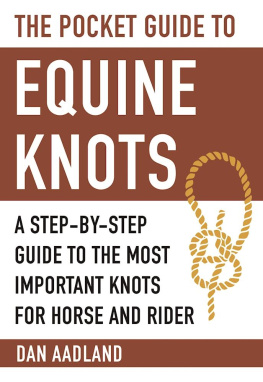
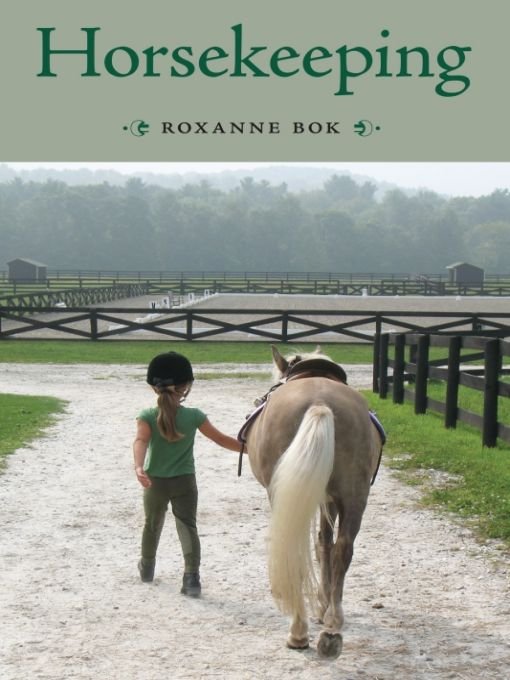
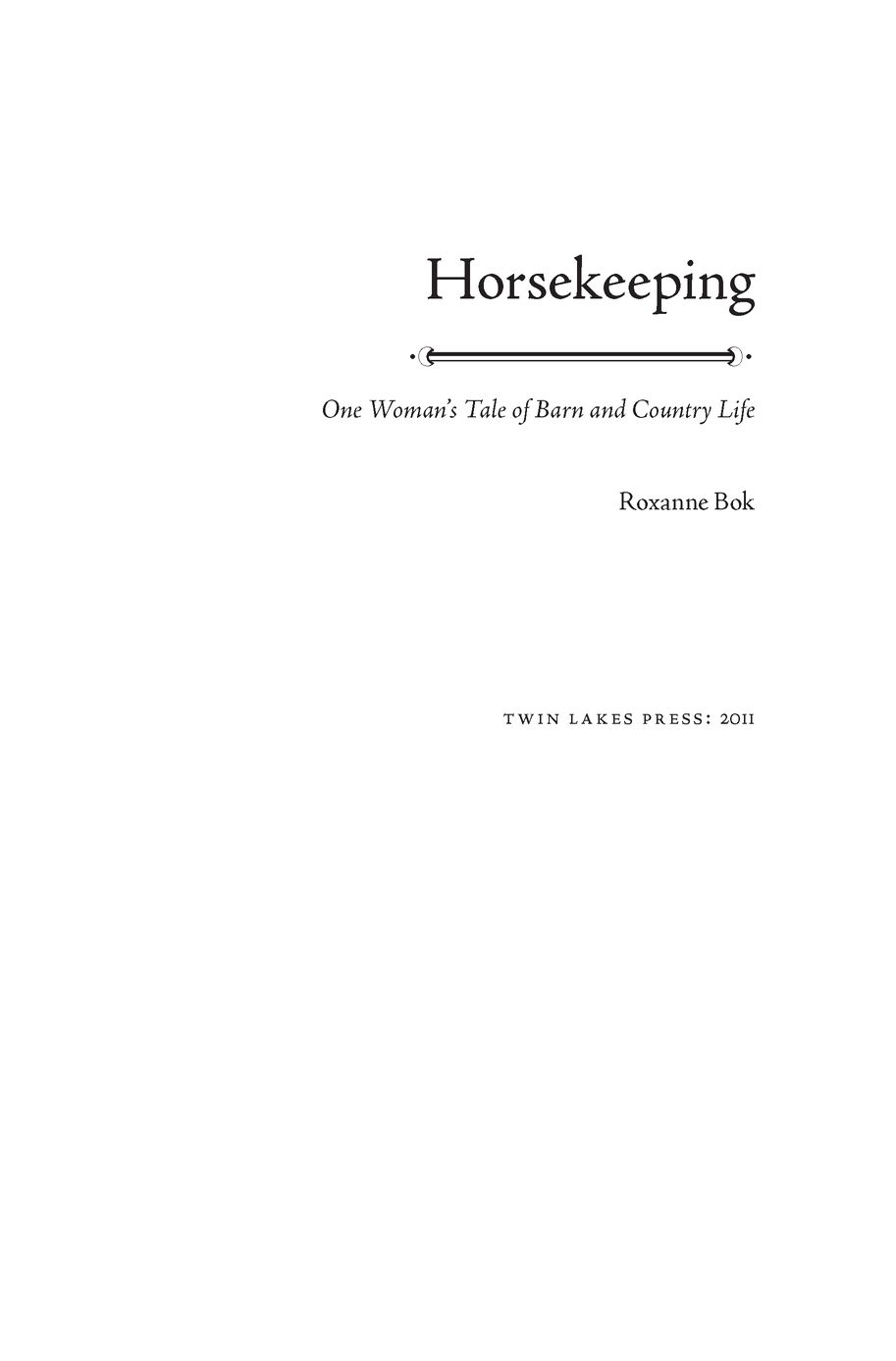
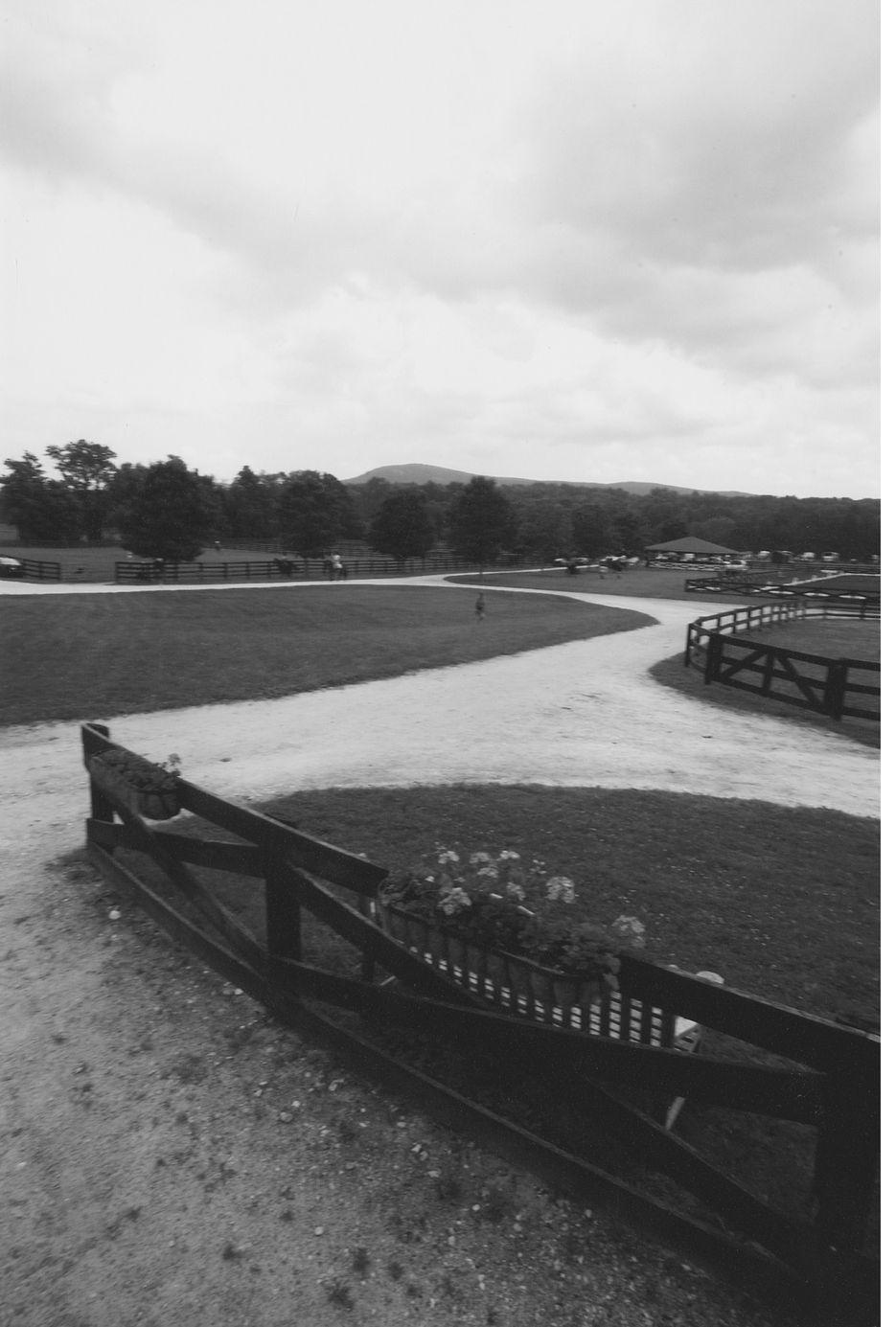
 For Scott,
For Scott, And for Bobbi,
And for Bobbi,
